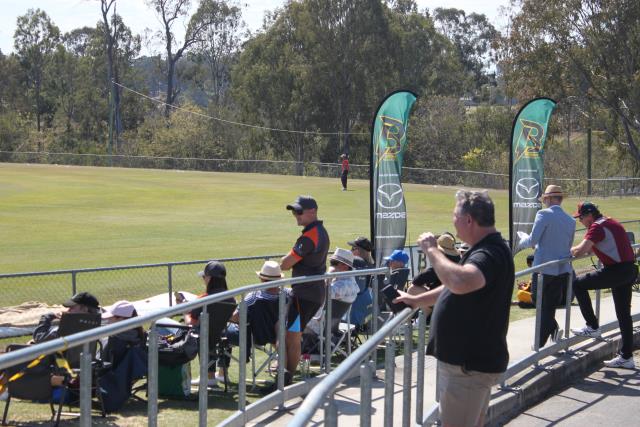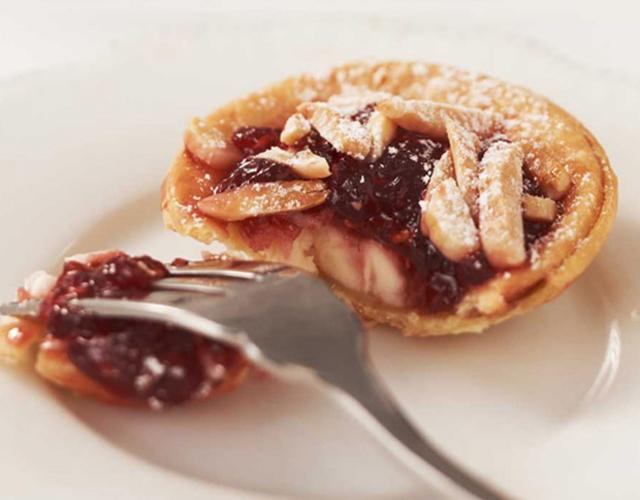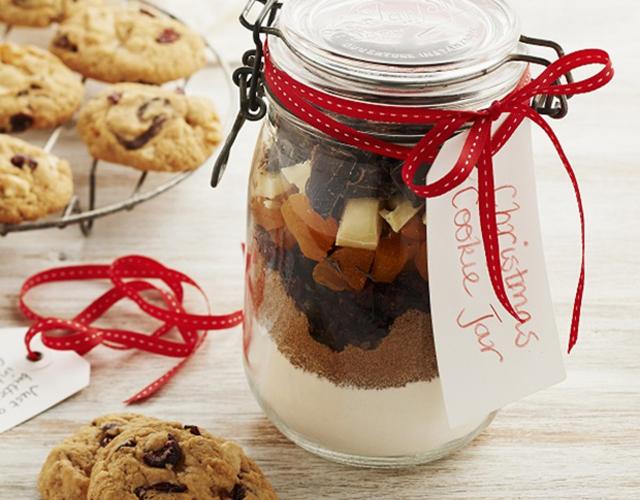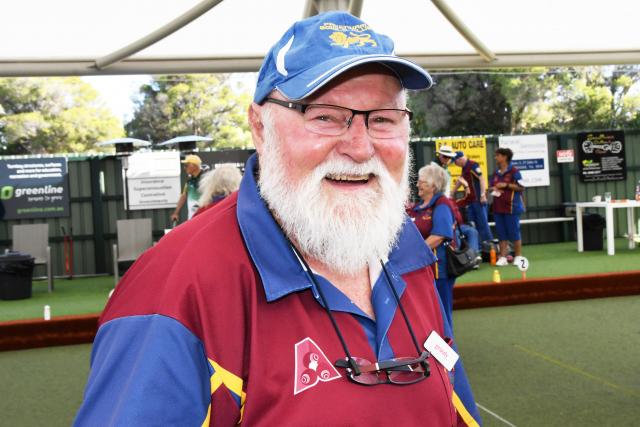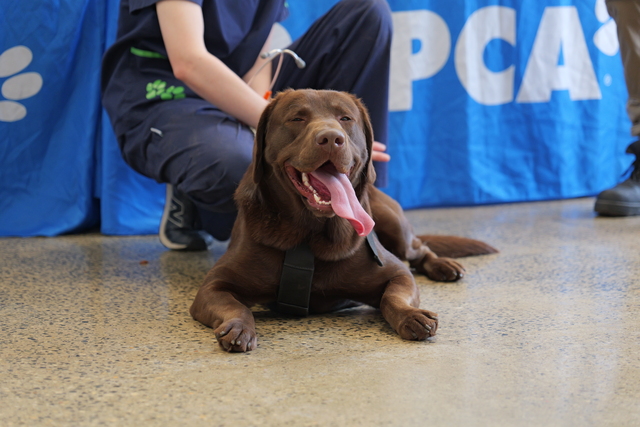Many local sporting clubs have suffered a downturn of junior numbers, the Australian Sports Foundation (ASF) has found.
The survey’s findings were announced in a press release last month: 60% of clubs are worrying about participant and member retention and twice as many clubs were reporting a decline in participation.
Ryan Holloway, partnerships manager at ASF, said Covid-19 fatigue had reduced registration numbers.
He added that the mass participation winter sports, those who have been most affected by punctuated seasons in between lockdowns last year after 2020 was wiped out, have generally suffered the most.
Clubs in the Berwick area tended to follow a similar trend.
Football clubs have generally seen a slower uptake of registration than in previous years. Damon Bryan from the Narre North Foxes hypothesised that many people were adopting a ‘wait-and-see’ approach, cautious not to commit to another stop-start season.
Softball has suffered an 18% reduction in participation numbers with 224 players in the 2021/22 season compared to 276 in the final season prior to Covid-19.
Given the sport’s smaller profile, it relies heavily on promotion in schools to gain numbers and has been restricted since the onset of Covid-19 has made such marketing difficult.
Tennis, however, has benefited from the Ash Barty and Kick Kyrgios effect.
The Australian Open generally leads to an uptake of tennis, but after seven Aussies reached the Australian Open Final, the demand for tennis has soared.
“Tennis is back,” Allison Miller from Berwick Tennis Club said.
Ms Miller received eight calls on the night of Saturday 29 January, when Barty and Kyrgios and Thanasi Kokkinakis won their Australian Open titles.
“The Australian Open is always a brilliant marketing concept for us but I think numbers are stronger than I’ve ever had before,” she added.
“I don’t have much room to expand so I’m putting people on waiting lists and still getting more enquiries.”
Mr Holloway also confirmed that tennis and golf have not suffered like other sports as they can be delivered in a Covid-safe environment.
The Berwick Basketball Club is another that has increased numbers significantly, with an further 100 players from last year, putting them in a better position than they were in 2019. A club spokesperson attributed the increase to proactive advertising.
Among the clubs spoken to, volunteer numbers were a common source of concern, regardless of registration trends. Players attract parents who can assist around the club, however some clubs reported Covid-19 fatigue as a disincentive for helpers. One in two clubs acorss the board are unable to retain volunteers according to the ASF.
One club also reported that reduced numbers attending social events, raising concern that it has led to a deteriorated culture.
There was a variation of ages that clubs reported as being of particular concern regarding participation, but Mr Holloway said it was the down turn in 11-18-year-olds that is most concerning.
“That sector of kids in the 11-18 year olds will be the next presidents, secretaries, volunteers that run barbecues, so it’s important we capture them in at participation during those formative years and keep them connected to their clubs because they will make up the next generation of volunteers at the clubs,” Mr Holloway said.
He further explained the key physical, social and mental benefits that sports provide in urging children to play.
“Community and grassroots clubs are the place people go to connect to find purpose and find people with similar values and connect with people they wouldn’t necessarily connect with on a day to day basis,” he said.
“Sport is the great leveller and exposes young people to a wide variety of people in the community – it’s not just the place people go to run around and play but also to connect.”
Of the clubs surveyed by the ASF, 83% lost revenue because of Covid-19 and 13% of clubs expressed concerns about financial solvency indicating 9000 clubs country-wide are at risk of going under.
The Australian Sports Foundation has assisted via the Active Kids Grants program. The grant allowed clubs at various stages to apply for funding of up to $10, 000 to supply equipment and/or uniform for their players.
The Get Active Kids Vouchers, a program supported by the state government, will return for 2022 allowing parents and legal guardians to apply for reimbursements of up to $200 for membership or registration fees or the cost of equipment and/or uniform.
Get in touch with your local sporting club to get you or your child involved in sport and buck the downward trend.

